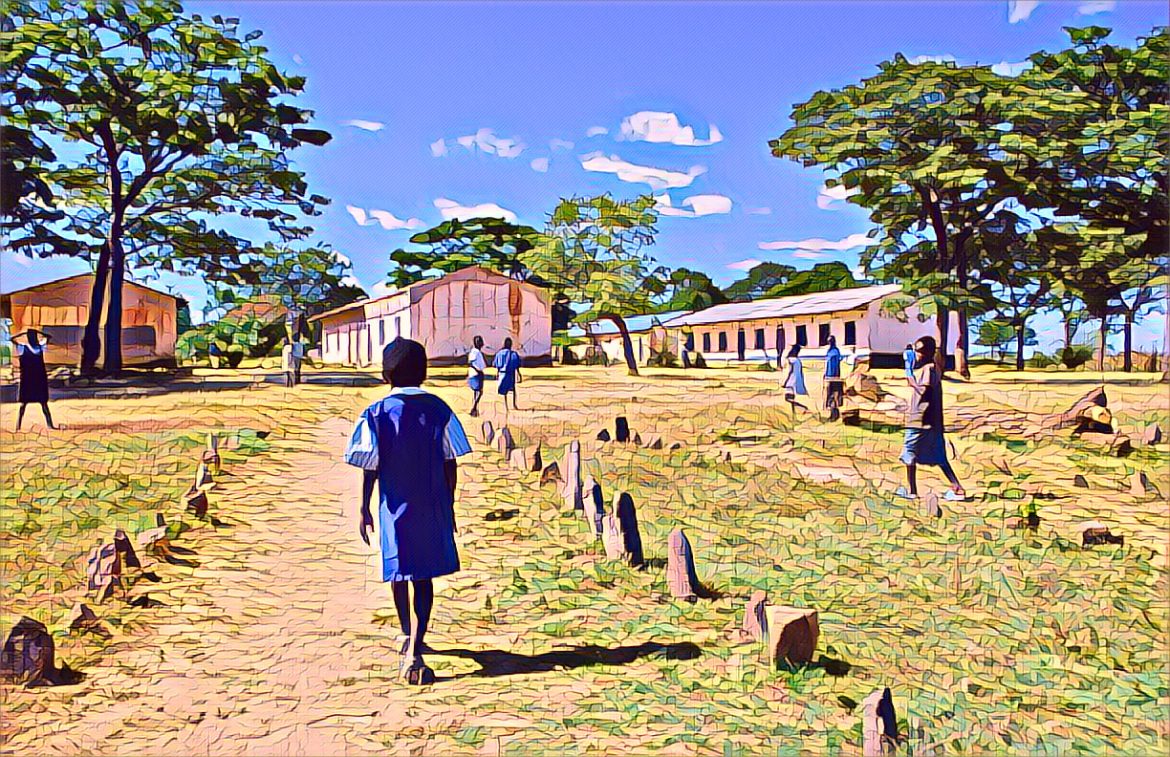Zimbabwe’s education sector, already grappling with numerous challenges, faces a growing threat from climate change. A recent report from the Amalgamated Rural Teachers Union of Zimbabwe (ARTUZ) highlights the severe impact of environmental changes on students and teachers alike.
Despite efforts to enhance education access, around half a million children of primary and lower secondary school age in Zimbabwe are currently out of school. The reasons vary, but climate change plays a significant role.
Global statistics are even more alarming, with 250 million children and youth out of school and 763 million adults illiterate worldwide. ARTUZ’s policy brief underscores the urgent need for solutions to these pressing issues, particularly in Zimbabwe.
Natural disasters such as cyclones, floods, and droughts have left a lasting impact. Cyclone Idai in 2019 and Cyclone Freddy in 2023 caused extensive damage to infrastructure, including schools. These events disrupted the learning environment, making it difficult for students to continue their education.
Poor infrastructure further exacerbates the problem. Many schools, especially in remote areas, were built during the colonial era and have not been updated. These old and dilapidated buildings are ill-equipped to withstand harsh weather conditions, leaving students vulnerable.
The government acknowledges the issue but cites a lack of capacity and land to build new infrastructure. This gap leaves many students in marginalized areas and satellite schools learning under trees, in open spaces, or in barns due to the lack of proper classrooms.
Flooding and infrastructure destruction also pose health risks. After a cyclone, access to clean water, sanitation, and healthcare services becomes challenging. This leads to higher rates of waterborne diseases such as diarrhea, cholera, and malaria. Consequently, children miss school, leading to lower educational attainment and academic performance.
These conditions contribute to a cycle of absenteeism and reduced educational outcomes for children affected by climate shocks. The issue extends beyond immediate health concerns, impacting long-term educational goals and opportunities for these students.
Addressing these challenges requires immediate and sustained efforts. ARTUZ calls for comprehensive strategies to improve infrastructure and mitigate the impacts of climate change on education. This includes building resilient schools, ensuring access to clean water and sanitation, and providing healthcare services to students.
Furthermore, there is a need for increased funding and resources to support these initiatives. Without significant investment, the education sector in Zimbabwe will continue to struggle under the weight of climate change and its associated challenges.
Climate change poses a significant threat to Zimbabwe’s education sector. The combined effects of natural disasters, poor infrastructure, and health risks create a challenging environment for students and teachers. Addressing these issues requires urgent action and investment to ensure that all children have access to a safe and supportive learning environment.
Source: Newsday


